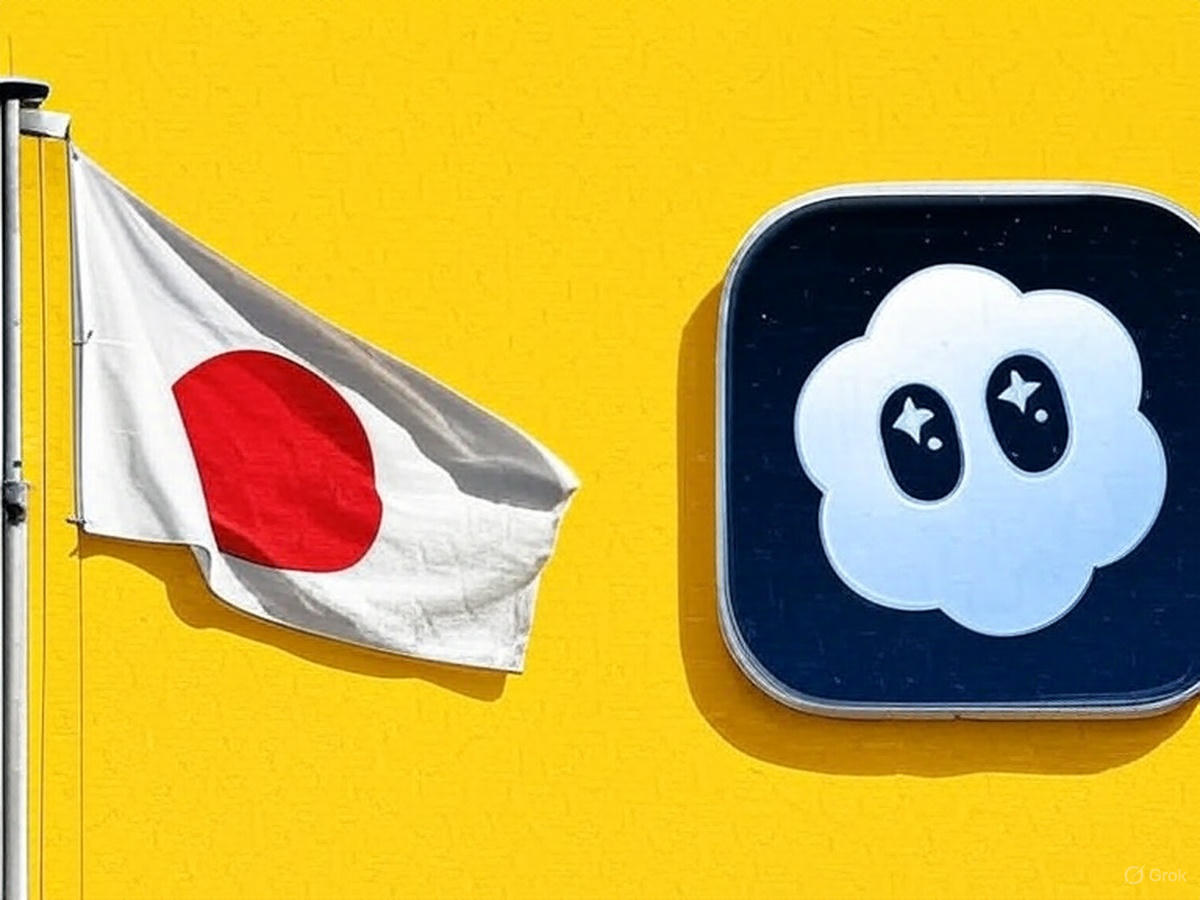Japan Urges OpenAI to Safeguard Anime and Manga Icons Amid Sora 2 Copyright Concerns
Introduction
In a defining moment for AI regulation and cultural preservation, the Japanese government has officially asked OpenAI to avoid copyright infringement with its video-generation tool, Sora 2. The request follows viral examples of AI-generated clips depicting beloved anime and game characters—including Pikachu—in entirely new, sometimes controversial, settings.
Japanese government has made a formal request asking OpenAI to refrain from copyright infringement 🇯🇵
— Culture Crave 🍿 (@CultureCrave) October 17, 2025
• Says characters from manga, anime, and video games are ‘irreplaceable treasures’
• Comes in response to Sora 2’s ability to generate videos with copyrighted characters pic.twitter.com/5eFyDJEu0f
Why Japan Intervened
Japan’s Agency for Cultural Affairs described anime and manga characters as “irreplaceable treasures that Japan boasts to the world.” The statement underscores the nation’s determination to protect its creative heritage from being diluted or misused through artificial intelligence.
Sora 2, OpenAI’s upgraded video-generation system, can transform text prompts into highly realistic short films, including recreations of recognizable characters from franchises like Pokémon and One Piece. Such ability has sparked global concern about copyright, ownership, and cultural ethics.
What Triggered the Concern
A post from the pop culture outlet @CultureCrave on X (formerly Twitter) showcased examples of Sora 2’s potential misuse:
- An AI-generated image of Pikachu wearing WWII-era military gear.
- The OpenAI logo, representing the company under scrutiny.
These visuals ignited widespread discussion, with over 95,000 views and thousands of reactions. Comments ranged from humor to criticism—one user wrote, “AI videos should be eradicated from the surface of the Earth,” while others debated where creativity ends and plagiarism begins.
Global Context of the Debate
Japan’s move reflects growing international concern over AI-generated art. From Hollywood’s writers’ strikes to EU copyright laws, governments worldwide are racing to define ethical boundaries for generative AI.
Japan’s anime and manga industries, worth billions of dollars, are especially vulnerable. Major companies like The Pokémon Company and Shueisha (publisher of One Piece) have historically taken strong stances against unauthorized reproductions, further validating the government’s request.
OpenAI’s Response (So Far)
As of now, OpenAI has not released an official statement regarding Japan’s formal appeal. However, the company has faced similar allegations in the past — from authors, visual artists, and musicians — accusing it of using copyrighted data in model training.
Experts predict that OpenAI might soon introduce enhanced filters or recognition systems in Sora 2 to detect and block copyrighted content. However, technical challenges make this easier said than done.
What This Means for the Future of AI and Culture
This confrontation is not merely about one AI tool — it represents a turning point in how societies handle the balance between innovation and cultural preservation.
If Japan’s firm stance leads to international policy discussions, it could reshape how AI companies train and deploy creative models. It also raises critical questions:
- Can AI-generated art ever be considered “original”?
- Should cultural icons be off-limits for machine learning datasets?
- Who truly owns AI-generated creative outputs?
FAQs
1. What is Sora 2 by OpenAI?
Sora 2 is an advanced AI video-generation model by OpenAI that turns text prompts into realistic motion videos, similar to DALL·E but for moving visuals.
2. Why is Japan concerned about Sora 2?
Japan fears that Sora 2 may recreate copyrighted anime, manga, and video game characters—potentially infringing on intellectual property rights and cultural integrity.
3. Has OpenAI responded to Japan’s letter?
As of October 2025, no official public response has been made by OpenAI.
4. Are other countries taking similar steps?
Yes. The European Union and the United States have both discussed AI transparency laws, requiring disclosure of copyrighted training data.
5. Will this affect Sora 2’s availability in Japan?
Depending on negotiations, OpenAI may face restrictions or additional guidelines for AI-generated content in Japan.
Neutral, Intellectual Closing Opinion
The Japanese government’s message to OpenAI isn’t just about protecting Pikachu — it’s a symbolic defense of human creativity in an era when algorithms blur the lines between homage and theft.
As AI continues to evolve, the world stands at a crossroads: should we let technology freely emulate art, or must we enforce barriers to preserve the cultural soul behind it?
The answer lies not in resistance to progress, but in redefining what “originality” means in a post-AI world. Japan’s stance may soon echo far beyond anime — possibly influencing how humanity chooses to coexist with its own creations.


0 comments